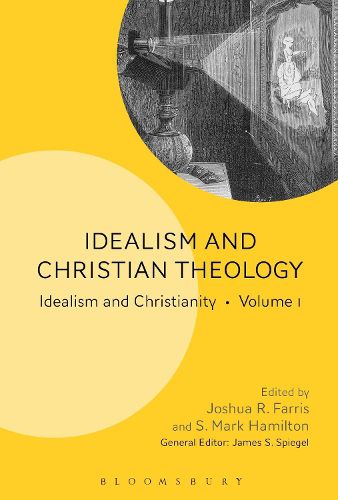Readings Newsletter
Become a Readings Member to make your shopping experience even easier.
Sign in or sign up for free!
You’re not far away from qualifying for FREE standard shipping within Australia
You’ve qualified for FREE standard shipping within Australia
The cart is loading…






In the recent history of philosophy few works have appeared which favorably portray Idealism as a plausible philosophical view of the world. Considerably less has been written about Idealism as a viable framework for doing theology. While the most recent and significant works on Idealism, composed by the late John Foster (Case for Idealism and A World for Us: The Case for Phenomenological Idealism), have put this theory back on the philosophical map, no such attempt has been made to re-introduce Idealism to contemporary Christian theology. Idealism and Christian Theology is such a work, retrieving ideas and arguments from its most significant modern exponents (especially George Berkeley and Jonathan Edwards) in order to assess its value for present and future theological construction. As a piece of constructive philosophical-theology itself, this volume considers the explanatory power an Idealist ontology has for contemporary Christian theology.
$9.00 standard shipping within Australia
FREE standard shipping within Australia for orders over $100.00
Express & International shipping calculated at checkout
In the recent history of philosophy few works have appeared which favorably portray Idealism as a plausible philosophical view of the world. Considerably less has been written about Idealism as a viable framework for doing theology. While the most recent and significant works on Idealism, composed by the late John Foster (Case for Idealism and A World for Us: The Case for Phenomenological Idealism), have put this theory back on the philosophical map, no such attempt has been made to re-introduce Idealism to contemporary Christian theology. Idealism and Christian Theology is such a work, retrieving ideas and arguments from its most significant modern exponents (especially George Berkeley and Jonathan Edwards) in order to assess its value for present and future theological construction. As a piece of constructive philosophical-theology itself, this volume considers the explanatory power an Idealist ontology has for contemporary Christian theology.